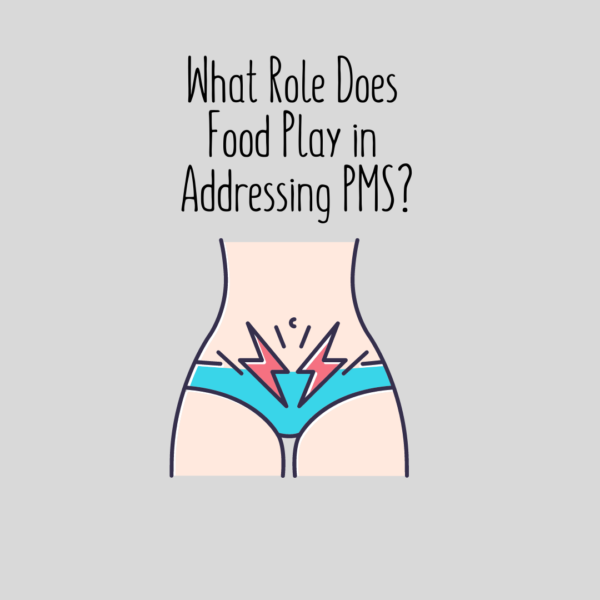It Might Be Time to Get your Vitamin D Levels Checked
Have you had your Vitamin D levels checked lately? If you live anywhere North of Carolina, this PSA is for you…a friendly reminder that it is time and here is why… As an RD, my mantra is usually a food first approach towards optimizing nutritional …

